What does “impact” really mean when the future is still in the making? In this discursive panel, the Ars Electronica Futurelab brings together collaborators from research, business, and the arts to explore how we can define, design, and track Key Transformation Indicators (KTIs) for art–technology–society collaborations. As part of the Futurelab’s ongoing inquiry into long-term transformation, this session does not just ask what was done—but why it was worth doing.
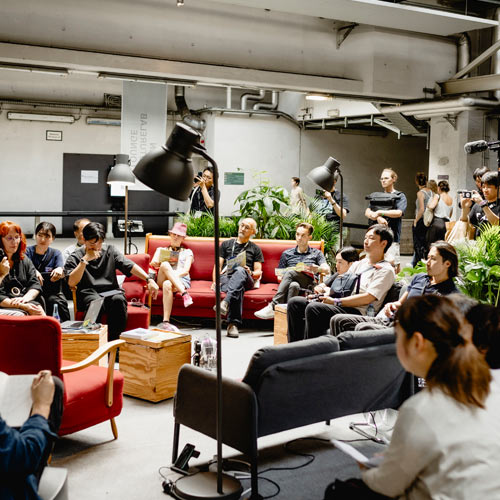
Photo: Bettina Gangl
Panel Discussion
Co-Creating Key Transformation Indicators
Future Impact Creation in Uncertain Times
Kathleen Bryson (GB), Ken Moriyma (JP), Maria Pfeifer (AT), Maro Pebo (MX), Hiroaki Tanaka (JP)
POSTCITY, First Floor, Ars Electronica Lounge
Language //
EN
Ticket //
FREE / No Ticket
-
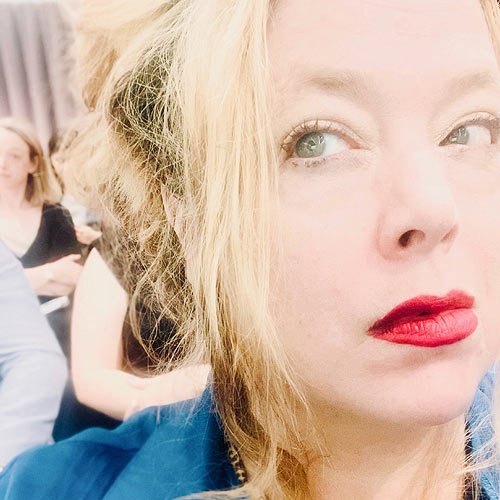
Photo: Kathleen Bryson
Kathleen Bryson
Kathleen Bryson is a Research Fellow in extended reality ethics at De Montfort University for the Horizon EU project SHARESPACE. She holds a PhD in Evolutionary Anthropology (UCL), where her thesis explored human–machine interactions. Her co-authored book Good Enough Ethics by Design: AI and Alternative Digital Realities will be published by Palgrave Macmillan in 2026. She is currently writing a nonfiction book on AI, ecology and astrobiology, represented by Ivan Mulcahy (MMB Creative).
-
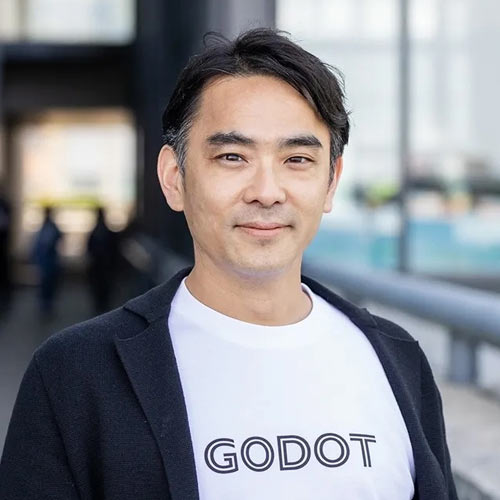
Photo: Godot Inc.
Ken Moriyma
Ken Moriyama is CEO of Godot, a DeepTech innovator rethinking human cognition and behavior. With its AI-driven simulation platform, Godot helps organizations anticipate health risks and design interventions for lasting well-being. His career spans technology, sustainability, and social impact; he previously co-founded ventures in Asia on green tech and inclusion. He holds degrees from Johns Hopkins University and the University of Oxford.
-
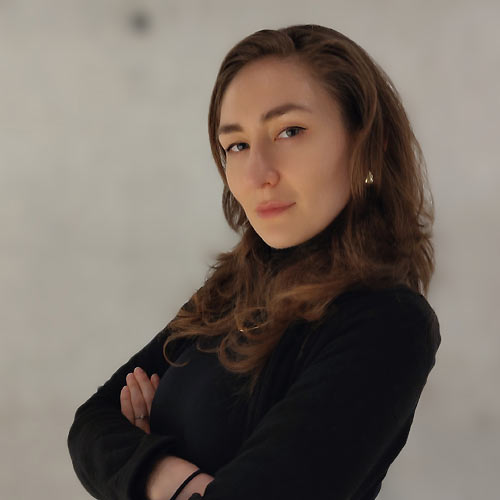
Photo: R. van Dierendonck
Maro Pebo
Maro Pebo is a curator and artist specializing in Art Science. She holds a PhD in Creative Media and an MA in Critical and Gender Studies. Her transdisciplinary work engages with the materiality of life and the responsibilities of the life sciences. Born in Mexico City and based in the Netherlands, she curates art and science projects at Waag Futurlab, supporting innovation and critical perspectives on technoscience through artist-led research.
-
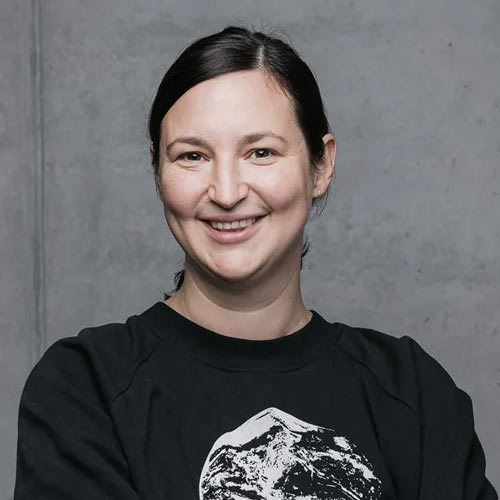
Photo: vog.photo
Maria Pfeifer
Maria Pfeifer is Head of Future Impact Creation and Key Researcher for Future Narratives at the Ars Electronica Futurelab. She develops frameworks to assess and communicate the societal impact of artistic, technological, and speculative innovation, with a strong focus on how storytelling and uncertainty shape transformative processes. Her research connects futures studies, speculative design, ethical technology, and the potential of artistic strategies to foster systemic change.
-
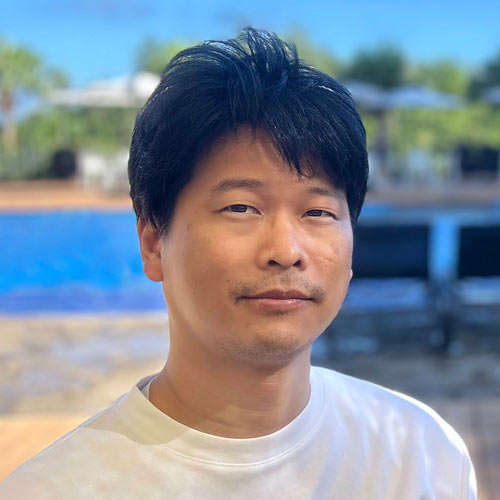
Photo: Hiroaki Tanaka
Hiroaki Tanaka
With a background in advertising, digital, and global innovation, Hiroaki Tanaka's work is dedicated to “transformation through communication.” He focuses on the qualitative transformation of society, moving beyond a narrow focus on business KPIs. He leads “Shiga Future Thinking Week” to explore options for our future and is also passionate about building better healthcare systems for children and families. Through both practice and research, he seeks to define new social values. Hiroaki Tanaka is active as the Community Co-creation Planner at DAS LAB as well as in his role as Communication Director at Dentsu Inc.